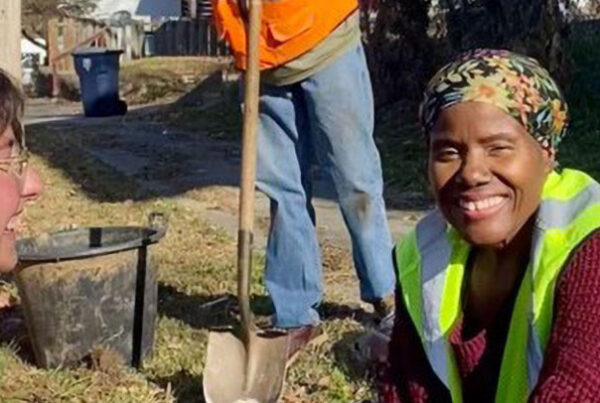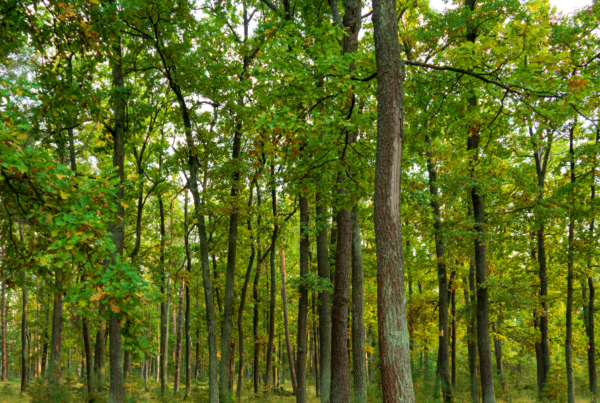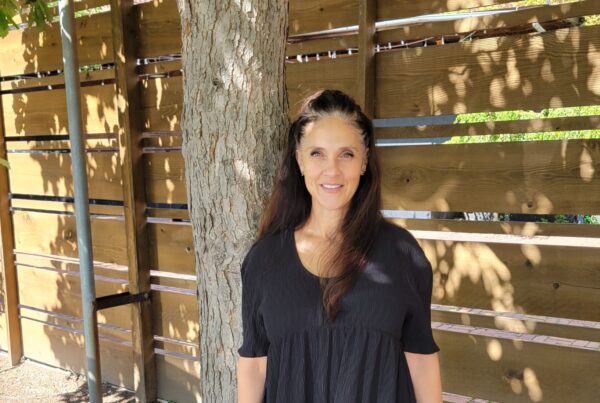In honor of Black History Month, we’re highlighting 4 young Black leaders who are using their voices, passions, and knowledge to shape conversations on climate justice, conservation, and the environment.
1. Leah Thomas (aka Green Girl Leah)

Leah is an environmental activist, author, and eco-lifestyle blogger originally from St. Louis, MO and now based in Los Angeles, CA. From her website: “Coining the term ‘eco-communicator’ to describe her style of environmental activism, Leah uses her passion for writing and creativity to explore and advocate for the critical yet often overlooked relationship between social justice and environmentalism.” She is the author of the book The Intersectional Environmentalist: How to Dismantle Systems of Oppression and Protect People & Planet and has made it on many notable lists – most recently on Forbes 30 Under 30 in 2024.
2. Jerome Foster II

Jerome is the co-founder of WaicUp.org – a movement of young people advocating for climate, social, and economic justice through civic engagement, storytelling, and art. He served four years at a White House Climate Advisor – the youngest White House advisor ever, was named as a TIME Next Generation Leader, and advocates as a Tree Equity Ambassador for American Forests.
3. Genesis Butler

Genesis is an environmental and animal rights activist. From her website: “She is one of the youngest people to ever give a TEDx talk. Inspired by her great uncle civil rights leader Cesar Chavez, Genesis’ talk “A 10 Year Old’s Vision for Healing the Planet” discusses the negative impact of animal agriculture on the environment.” Genesis currently leads the Youth Climate Save movement, the first youth led climate movement that focuses on climate change and its connection to animal agriculture.
Where to follow Genesis:
Instagram
Facebook
Website
TEDx Talk
4. Mari Copeny (aka Little Miss Flint)

Mari is an activist, philanthropist, and “future president.” From her website: Mari is on the front lines of tackling America’s water crisis head on, and helping kids to embrace their power through equal opportunity. When the Flint Water Crisis began instead of feeling helpless Mari decided to use her voice to help out her community and to fight for the kids in Flint. Since then she has expanded her efforts to help communities across the nation dealing with toxic drinking water.






